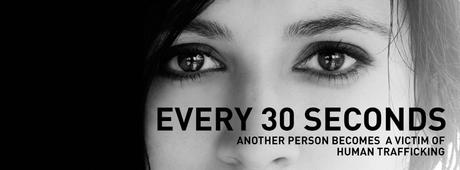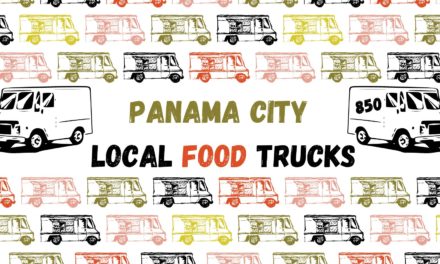
Thanks to local advocates here are resources to recognize a victim and help combat human trafficking:
- The person may be accompanied by a controlling person or boss; not speaking on their own behalf
- Lack of control over personal schedule, money, identification (I.D), travel documents
- They may be transported to and from work, or live and work in the same place
- They have a debt to their employer/leader; inability to leave their job
- Bruises, depression, fear, and overly submissive

Human Trafficking. Two words that are a huge problem here in the United States. What should make human trafficking an even bigger issue is the fact that it is affecting the local community. Unfortunately, there is not enough light being shed on the problem let alone finding a solution. Through personal interaction with advocates who are deeply involved with prevention efforts and spreading awareness it is clear to see that there are people who genuinely care but for a lack of a better term—they have their hands tied for numerous reasons.
Sadly, there has been numerous news articles on human trafficking busts lately. On November 26, 2017 “The News Herald” published a story on two human traffickers being arrested for coercing victims into prostitution in exchange for housing. The pair was arrested on the 18th of November by undercover officers posing as customers purchasing a human being for sex acts at a rate of $250 per hour. Attention has also been on local strip clubs for underage stripping as well as sex trafficking underage strippers. Strip clubs and massage parlors can often serve as breeding grounds for sex trafficking.
So, what exactly is human trafficking/sex trafficking, and what can YOU do about if you see it?
According to the Department of Homeland Security, Human Trafficking is “modern-day slavery and involves the use of force, fraud, or coercion to obtain some type of labor or commercial sex act”. Another important piece of information from DHS: “Human trafficking is a hidden crime as victims rarely come forward to seek help due to language barriers, fear of the traffickers, and/or fear of law enforcement”.
If there is anything to take from this article it is this: Human traffickers are brutal, cruel people who hurt, manipulate, and even kill other human beings for the sake of financial capital and gains. Anyone can become a victim especially if they are new to an area, in the foster care system, etc. Human trafficking isn’t something that just happens overseas, it is here in your community!
If you would like more information here are the resources used and addition information on human trafficking:
https://www.dhs.gov/blue-campaign/what-human-trafficking
Contact the National Human Trafficking Resource center if you have encountered a victim if you are not able to immediately call law enforcement: 1.888.373.7888
News link: http://www.newsherald.com/news/20171126/pcpd-pair-charged-with-human-trafficking-forced-prostitution

Questions to ask in order to identify a victim:
- What type of work do you do?
- Are you being paid?
- Can you leave your job if you want?
- Can you come and go as you please?
- Have you or your family been threatened?
- What are your working and living conditions like?
- Where do you sleep and eat?
- Do you need permission to eat/sleep/go to the bathroom?
- Are there locks on the doors/windows so you cannot get out?
- Has your identification or documentation been taken?

About the Author
Jeanetta French
Student - Fall 2017








